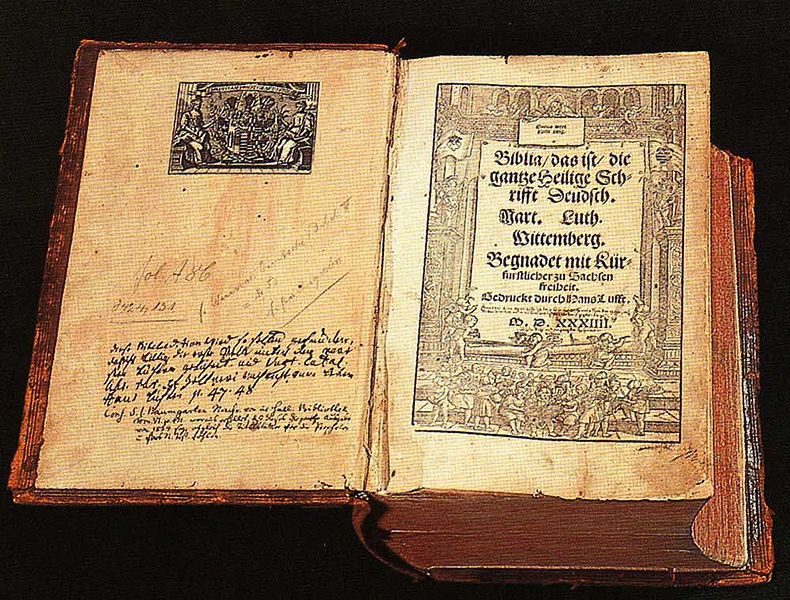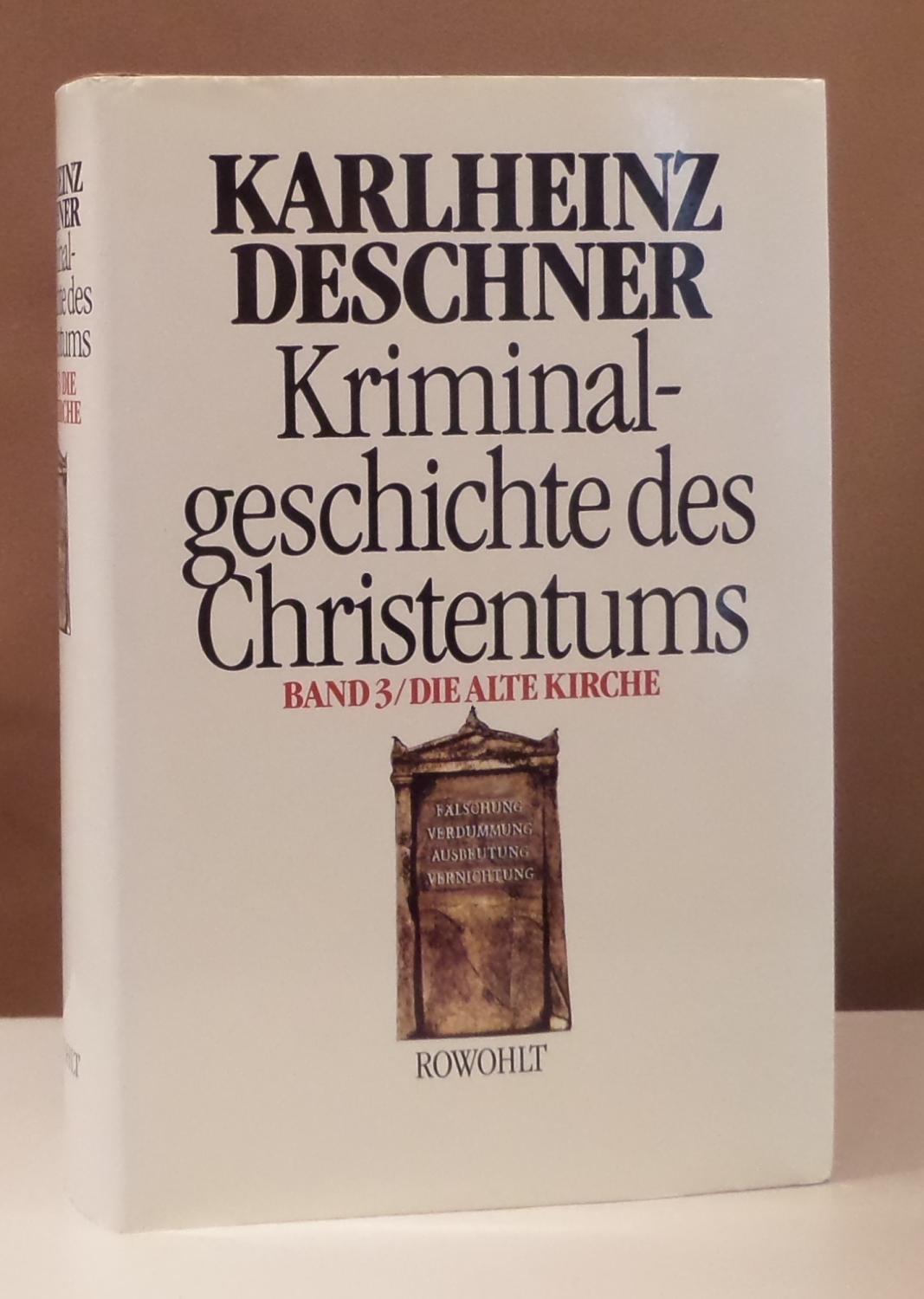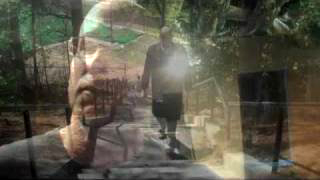Julian presiding at a conference of Sectarians
(Edward Armitage, 1875)
Priscus: I always thought Julian might have been a happier man had he been a bit more like Gallus. No one can say that Gallus did not enjoy himself. His was an exemplary life of complete self-indulgence. I could not be more envious of him.
Libanius: Obviously Priscus has found his ideal.
Within months of the state visit to Pergamon, Gallus fell. For two years the Emperor had been receiving disquieting reports about Gallus. Nebridius had told him bluntly that if Gallus were not removed as Caesar there would be civil war in Syria. In his last letter to Constantius, Thalassios had said much the same thing.
One final incident brought matters to a head. The food shortage had grown worse. The lower classes were rioting. Having failed at price fixing, Gallus determined to leave Antioch as quickly as possible. As pretext, he announced that he was planning to invade Persia (though he did not have sufficient troops to conquer a mud village on the Nile).
The day Gallus left the city, the senate met him in front of the memorial to Julius Caesar. A considerable crowd had also turned out to see him, but they were not interested in saying farewell to their Caesar. They wanted food, and they said so. They made the most terrible racket. I know. I was there. I have never seen such an angry mob. Behind a row of household troops with drawn swords, the Caesar and the senate exchanged formalities while all around us the mob roared, pressing closer and closer to where we stood. Even Gallus was alarmed.
Then Theophilus, the governor of Syria, came forward to make a speech to the Caesar. Now Theophilus was an excellent official but he was not popular. Why? Who knows? The Antiochenes are completely frivolous in public matters. If a cruel tyrant is witty, they will adore him. But if their ruler is a good man, slow of speech, they will despise him. They despised Theophilus. They jeered his speech. Then the mob began to shout: “Food! Food!”
During this, I watched Gallus. At first he looked baffled; then alarmed; then—one could observe his very thought-crafty. He raised his hand for silence. But the shouting continued. So Theophilus motioned to the drummers, who set up an ominous rolling. The crowd fell silent.
Gallus spoke. “My good people, the heart of your Caesar grieves for you. Yet he is puzzled. You say you lack food. But why? There is food in Antioch. There is plenty of grain in the warehouses. Your Caesar put it there for you.”
“Then give it to us!” A voice rang out.
Gallus shook his head. “But it is yours already. Your governor knows this.” He turned to the stunned governor. “Theophilus, I have told you to feed the people. Why have you disobeyed me? Why have you been so cruel? Even if you are in league with the speculators, you must take pity on the people. The poor are hungry, Theophilus. Feed them!”
In all my long life I have never witnessed such a vicious scene. Gallus deliberately incited the people against his own governor. Then he rode off at the head of the legions, leaving us to the now violent mob. Like the rest of the senate, I bolted. Fortunately no one was hurt except Theophilus, who was torn to pieces. That day Gallus lost what small support he had among us.
When Constantius received news of the Theophilus affair, he realized at last that Gallus must be recalled. But it is easier to create a Caesar than to destroy one. Constantius knew that if he were to move against Gallus, there would be civil war. So Constantius proceeded cautiously. His first move was to order Gallus’s army to rendezvous in Serbia, preparatory to a campaign on the Danube. Inactive troops, said Constantius in a diplomatic letter to the Caesar, are prone to mutiny. So Gallus was left with only his personal guard and a single detachment of targeteers. Then Constantius instructed the prefect Domitian (until recently Count of the Sacred Largesse and a financial expert) to proceed to Syria, as though on a routine tour of the provinces. At Antioch, Domitian was to persuade Gallus to obey the Emperor’s order to come to Milan “for consultation”. Unfortunately, Domitian was vain and overbearing and perfectly confident that no one was so clever as he. I don’t know why, but this seems to be a common trait of finance ministers.
Domitian arrived at Antioch to find Gallus again in residence, after a month’s campaign on the Persian border. But instead of going first to the Caesar’s palace as protocol requires, Domitian proceeded to military headquarters, announcing that he was too ill to come to court. For several weeks Domitian remained at headquarters, plotting against Gallus and sending back highly coloured reports to the Emperor concerning the Caesar’s doings. At last Gallus ordered Domitian to present himself at a meeting of the consistory. He did, and in a scene of unrivalled insolence Domitian told Gallus that if he did not immediately obey the Emperor and go to Milan, “I shall personally order your supplies cut off.” He then marched out of the palace and returned to headquarters, where he thought he was safe.
I was not present at that historic meeting of the Caesar’s consistory, but I have been told by those who were there that it was an astonishing confrontation and that for once all sympathy was with the Caesar who had been insulted.
Gallus promptly struck back. He ordered Domitian arrested on a charge of lèse majesté. To give the gloss of legitimacy to this arrest, he sent his legal adviser, the quaestor Montius, to instruct the troops in how to behave.
Montius was an elderly man, with a passion for correct procedure. He told Gallus bluntly that the Caesar had no authority over a prefect engaged on the Emperor’s business. Gallus ignored this advice. Montius then appeared before the troops who had been called to assembly, and he told them that what Gallus intended to do was not only illegal but highly dangerous and that any soldier who obeyed the Caesar would be committing treason. “But should you decide to arrest the Emperor’s prefect then I advise you first to overthrow the Emperor’s statues, so that your revolt will at least be honest.”
The troops were confused, to say the least. But not for long. When Gallus heard what Montius had done, he rushed to the assembly ground and harangued the troops as only he knew how to do.
“I am in danger. You are in danger. We are all in danger because of would-be usurpers, some of whom sit in my own consistory.” And he turned fiercely on the courageous old Montius. “Yes, even the quaestor Montius is involved in this conspiracy. He plots against me, as well as against Constantius. He tells you that I may not arrest an insolent prefect because he is on imperial business. But I have the right to discipline any official in the East. I would be untrue to my oath to Constantius if I did not keep order in Antioch.” And so on.
By the time Gallus had finished, the troops were with him. While he stood by, they murdered Montius. Next they marched on military headquarters. No attempt was made to resist them. They found Domitian in the commandant’s private office on the second floor. They threw the wretched prefect down the stairs (which are very steep: I once badly twisted my ankle going up them). Then they dragged the bodies of Domitian and Montius side by side through the streets of Antioch.
Gallus was now thoroughly frightened. Though his troops were adequate for controlling Antioch, he was in no position to resist Constantius, and it was perfectly plain that the two would soon be in open conflict. Yet Gallus still pretended to be carrying out the Emperor’s orders when he declared martial law and arrested those whom he suspected of plotting against him. This turned out to be half the senate. I withdrew to Daphne during this troubled time.
Gallus set up a military tribunal and arraigned before it all those who had been accused of treason. During the trials Constantia sat behind a curtain listening to the testimony; every now and then she would poke her head into the courtroom to ask a question or to give an opinion. It was a ludicrous display. Hearsay was now accepted as fact, and no one was safe.
In a dyeshop a secret agent noticed a purple robe of the sort only an emperor may wear. It was immediately assumed that the cloak had been ordered by a would-be usurper. The shopowner wisely vanished but they found his files. Although there was no mention of a purple cloak having been ordered, the secret service did come up with a letter from a deacon inquiring when “the work will be ready”. That was enough. “The work” was the purple cloak, according to the secret service, which had no other evidence. The guiltless deacon was arrested, tortured, tried, and put to death. This was typical of the “justice” at Gallus’s court.
Having failed to persuade Gallus to come to Milan, Constantius ordered his sister Constantia to attend him. Confident that she could patch up the differences between her husband and her brother, she set out for Milan. But en route the lady died of fever, and that was the end for Gallus. Though he was by now perfectly willing to declare himself Augustus in the East, he lacked the military power to withstand Constantius. He was in a quandary.
Finally a letter arrived from Constantius that was most amiable in tone. The Emperor reminded Gallus that under Diocletian a Caesar always obeyed his Augustus, citing the famous case of the Caesar Galerius who walked a mile on foot because the Augustus Diocletian was displeased with him. This letter was delivered by Scudilo, a master diplomatist who told Gallus privately that Constantius wished him no harm.
Did Gallus believe this? It seems impossible. But he was by now a desperate man. He was also completely demoralized by his wife’s death. To everyone’s amazement, he agreed to go to Milan. However, he insisted on travelling by way of Constantinople, where as the reigning Caesar he presided over the games in the Hippodrome. But Julian describes this scene.



